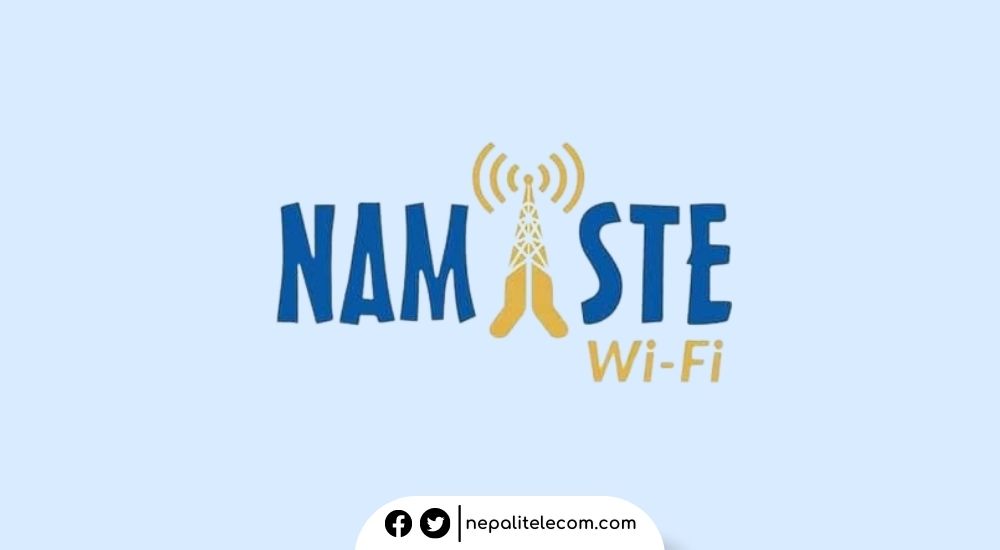Many youngsters want to become certified experts in telecommunications. It is a very perspective and important industry for the entire humanity. How is it possible? We can easily prove it. Every time you send a message on Facebook, text from your mobile phone a friend or co-worker, or simply surf the Internet, you use telecommunications. Its major objective is to send digital signals from one point to another without altering that message. Besides, it helps to deliver messages instantly. Accordingly, any profession in telecommunications stands in high demand and is important for all modern people.
Of course, the process of learning will be complex and will definitely induce certain complications. Pro essay writers from Advancedwriters.com paper writing service know a lot about the hardships of education and want to help all students who have chosen this path. They have collected important facts and recommendations described in a comprehensive telecommunications study guide.
Types of Telecommunications Degrees
First of all, we would like to dwell upon the possible degrees in telecommunications. They will help to understand what priorities every student may have. Make allowances for the following possibilities:
- Certificate programs. These programs help students to acquire entry-level positions in the industry. Thus, graduates will enjoy a great number of employment possibilities.
- Associate degree. This level is higher in comparison to certificate programs and delves deeper into the industry. It may likewise include more general disciplines. It helps to earn additional credits for the next level of complexity.
- Bachelor’s degree. This level is more complicated and makes learn more intently. Students will learn fundamentals, applications, communications, main principles of the industry, management training, engineering, and so on. Students will understand the principles of all necessary mechanisms.
The career perspectives are bright. If you’re a certified expert in telecommunications, you may work as a system manager, customer service representative, software expert, line installer, programmer, etc. Just choose what your heart desires.
Check out: Telecommunication History of Nepal
Study Guide Tips
According to the degree, you can plan your education. Fortunately, our recommendations are universal and can suit any major you choose. We’ll highlight our tips here below.
- Manage Time Reasonably
The first lesson we’d like to teach you is to become a reasonable planner. No matter what you study, everything needs time to be learned and accomplished. You should also remember that some circumstances will stand in your way from time to time. You will receive additional and unexpected tasks, will have to fulfill your routine duties, etc. That’s why you should plan your time perfectly.
Create a schedule and outline all the objectives. They can be divided into categories of urgency or importance. Make sure the most important and urgent tasks are your priority. Set clear and realistic deadlines. If you feel you lack the time, give up the duties of little importance for your education.
- Become a Notetaker
It’s wise to organize your notes. It’s difficult to keep in memory everything you see or hear. The smartest folks always take notes and organize them into logical groupings. Thus, you can quickly check the information you need. There will be no time loss for searching for the facts over and over.
- Practice Essay Questions
Essay writing is one of the compulsory demands for any profession in any educational institution in the USA. The telecommunication industry is no exception, and you’ll be assigned heaps of essays, case studies, etc. Every assignment will have a topic and a clear purpose. Depending on them, you’ll build your writing strategy. Therefore, you may develop a habit of creating a list of possible topics. Afterward, you’re supposed to answer them (at least briefly). It’s a good practice of your writing, editing, and critical skills. Moreover, you’ll be prepared for many possible assignments.
- Give Heed to Your Vocabulary
Develop a habit of learning new words. It will be helpful for the rest of your life. You should obligatorily study the terminology in telecommunications. However, other spheres are vital too. Try to learn about 5 new words every day and this activity will bring great benefits in the nearest future.
- Prefer Handwriting
Most students underestimate the importance of handwriting. It’s not surprising because the technology era has offered everything that is necessary to typing via personal computers, laptops, or tablets. This method has many benefits, and we don’t encourage refusing them. Nevertheless, handwriting is of huge importance too.
When we write, we stimulate our brain activity. Thus, the intellect develops every time you use handwriting. You can develop critical and problem-solving skills. Besides, it helps to remember the things you write because you do that using your hand. When you type on a laptop, this effect gets smothered.
- Read the Right Literature
Students should always read a lot. You can easily find tons of literature, which will help to fill in the gaps and develop any skill. Simply surf the Internet or go to the local library.
For example, you may acquire Telecom 101: 5th Edition 2020. It’s a great study guide, which helps to fully master the sphere of telecommunications. All the information is updated, written in plain English, and covers the most important topics. You’ll definitely enrich your knowledge and experience to enjoy academic success.
Keep in mind our universal tips. They will help to become an expert in telecommunications because you’ll plan your learning reasonably. We believe that you’ll become a true professional.













